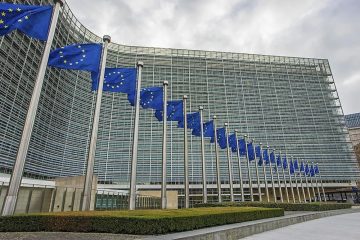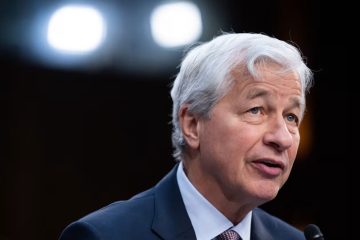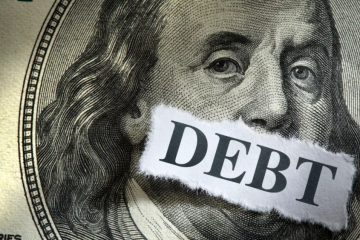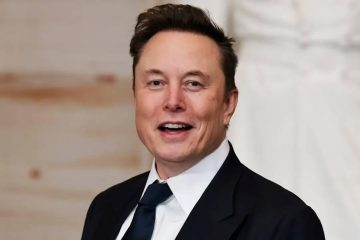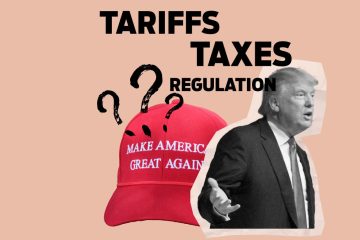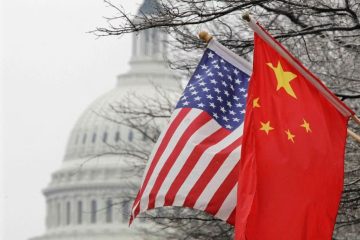American first requires a reevaluation of H-1B visa policies
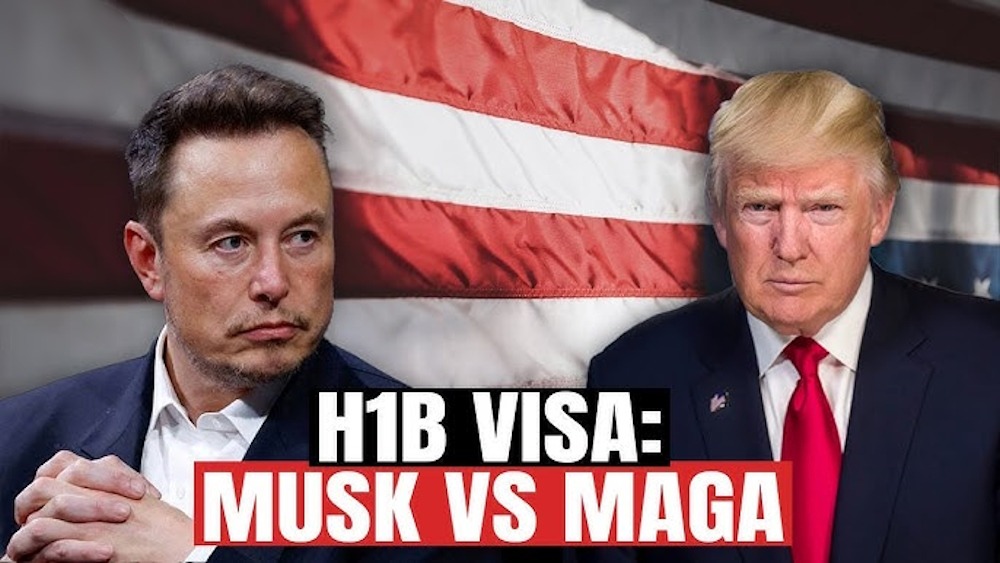
A civil war has emerged within Donald Trump’s base regarding the H-1B program, the principal visa mechanism for skilled labor in the United States. Does the phrase “America First” signify the termination of the program, as posited by Steve Bannon, or does it advocate for its continuation, as suggested by Elon Musk and Mr. Trump? The controversy arises from an inherent weakness in the H-1B program: a randomized lottery determines which applications are considered for review. The lottery effectively dictates the allocation of visas.
The random allocation of visas implies that, although the initiative may attract exceptional individuals such as Mr. Musk, it concurrently admits a significant number of average workers. They vie with the local workforce for employment opportunities and offer diminished contributions to overall productivity and innovation. The current structure of the lottery fails to align with American interests and necessitates a comprehensive overhaul.
The H-1B program is intended for professionals in fields that necessitate specialized expertise, yet this definition can encompass a wide range of roles, from biochemists commanding six-figure salaries to acupuncturists earning below the median household income. The country’s premier skilled immigration initiative is evidently falling short, squandering limited opportunities on positions that offer inadequate compensation. A significant number are transitioning to fundamental information-technology roles. The issue lies not in the availability of talent, but rather in the methods employed to select from it. The annual number of H-1B applications significantly outstrips the available slots, with nearly four times as many submissions as positions. This inequality is exacerbated by firms inundating the system with applications from candidates who merely satisfy the minimum criteria for an H-1B visa. Firms in pursuit of exceptional talent often find themselves overshadowed. In 2022, 35% of newly issued H-1B visas were allocated to companies that rely heavily on this workforce.
Mr. Trump appears to grasp this concept. A recent post on Truth Social highlighted the significance of skilled immigrants and the value of the H-1B program. In 2020, his appointees at U.S. Citizenship and Immigration Services sought to supplant the lottery system with a mechanism designed to evaluate applicants based on the salary commitments made by companies, relative to other employees in similar roles and geographic areas. This reform did not come into effect. Although this would represent a step forward, it would nonetheless hinder numerous firms from hiring early-career professionals in lucrative fields, thereby obstructing access to the highly skilled talent essential for the nation’s progress. It also overlooked the significance of the duration of a worker’s potential contribution. This would hinder initiatives aimed at retaining premier international graduates from American universities. A promising young graduate in STEM, equipped with specialized knowledge, ought not to be supplanted by a replaceable IT consultant merely due to the latter’s marginally higher compensation relative to the industry average.
Alternative avenues for reform exist. A direct ranking based solely on salary, irrespective of occupation, would enable us to identify and prioritize the sectors most poised to drive innovation. Adjustments to these rankings by age could be implemented to guarantee the retention of promising professionals at the outset of their careers. A 24-year-old earning $150,000 is typically viewed as more advantageous than a 63-year-old earning $160,000. The proposed reforms are projected to elevate the average wage for H-1B visa holders by 41%. This would result in a $1.1 trillion enhancement to the United States’ gross domestic product over a decade—almost double the impact of the 2020 initiative. In essence, it is possible to significantly enhance the value of the H-1B program without expanding the number of available slots. This enhancement is likely to appeal to Republicans seeking funding sources in the forthcoming budget discussions.
Reconciliation presents a chance to enhance revenue by tackling the issues associated with the H-1B program. It is imperative for Congress to consider increasing the filing fee for H-1B petitions, as well as the $60,000 wage threshold that enables staffing firms to rely significantly on low-skill H-1B labor. Notwithstanding its challenges with the lottery system, the H-1B program has a commendable history, and its termination would eliminate the nation’s foremost avenue for attracting global talent. Through the elimination of the lottery system, the Trump administration could effectively exclude importers of low-cost labor while facilitating the visa acquisition process for highly skilled individuals. Such an approach would appease both factions in the ongoing “America First” conflict.


